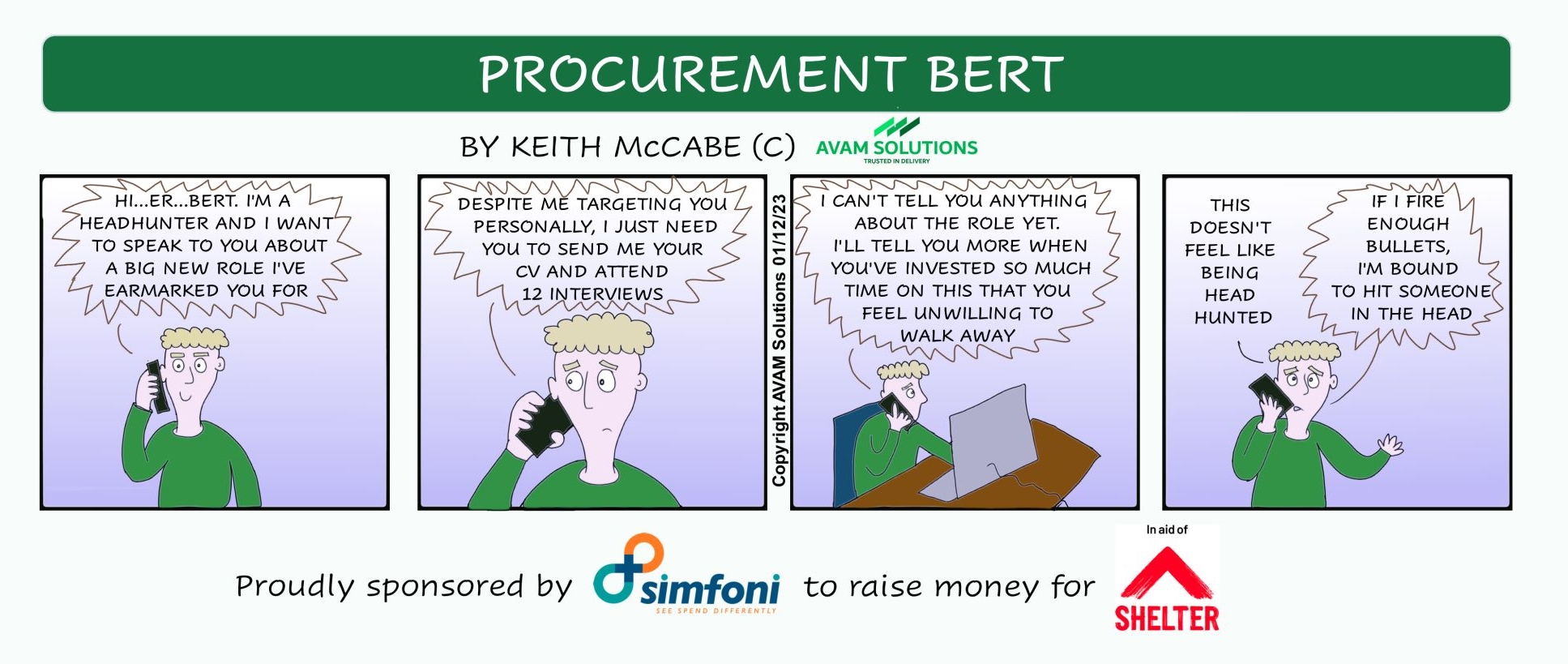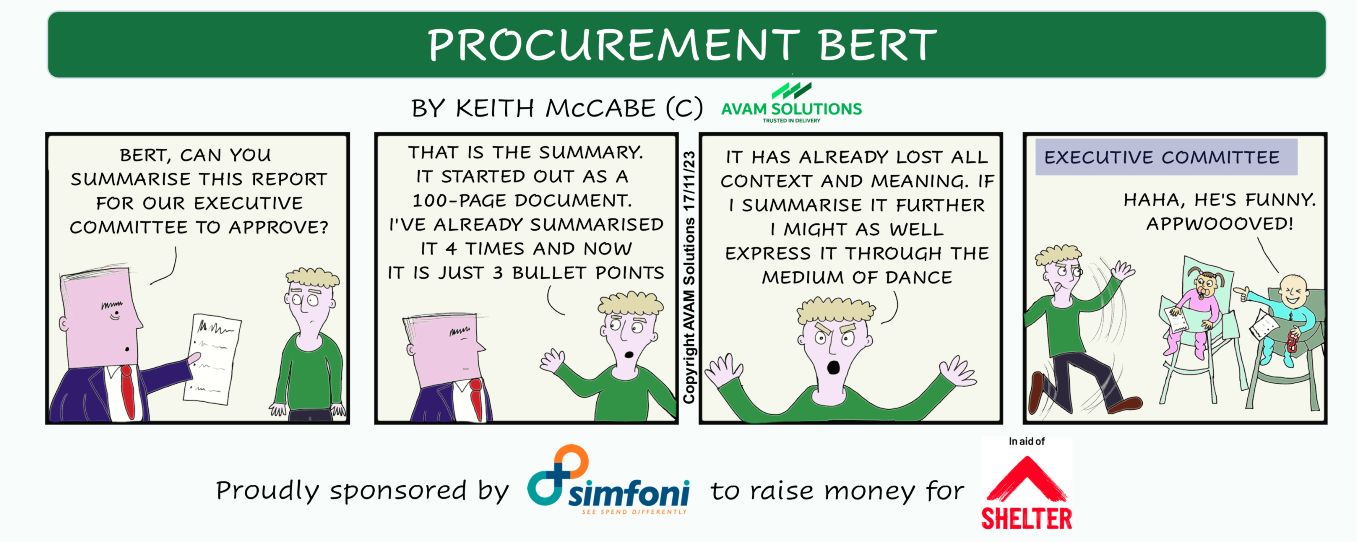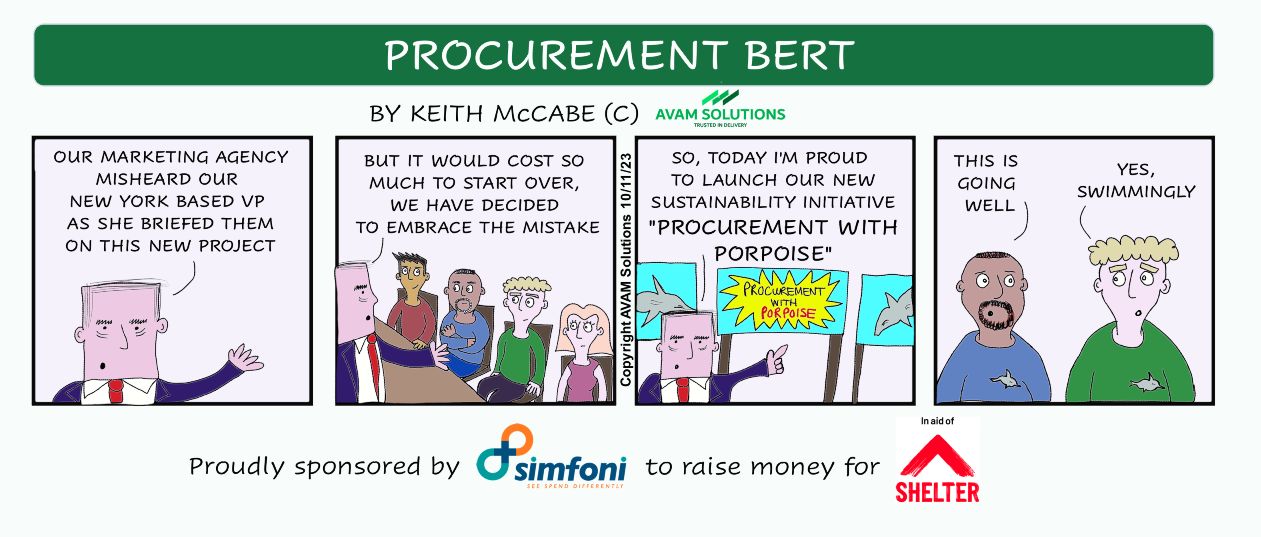As the digital revolution takes root in the consulting industry itself, tremendous opportunities to enhance the client experience are opening up, and advising clients on leveraging analytics is now an entrenched part of modern consulting. However, consultants must learn new skill sets to stay ahead of the disruption, according to experts at management consultancy OC&C Strategy.
Data analytics is a quickly evolving technology that harnesses statistics, AI and advanced market insights to identify meaningful patterns in large data-sets. Smartly deployed analytics provide premium insights into an organisation’s performance metrics, and the complex, often bewildering, changes happening around them.
Globally, corporate spending on analytics consulting soared to $43 billion in 2017. Investment is evenly split between developing in-house capabilities and spending on external consultants. Both are expected to rise, with 91% of executives convinced that analytics have already generated substantial value for their firm.
Read More:- What is Procurement and How To Optimize Processes, Performance, and Technology?
Leading consultancies understand that interpreting Big Data no longer gives them an edge on the competition. Rather, in an era of digital disruption, it is essential to their very survival. This is because analytics consulting isn’t generating unique revenue. It has cross-functional impact, proving indispensable to strategy, operations, HR and IT consultants alike.
Consequently, for both consultancies and their clients, data science is now a commodity. Once an impenetrable field for those lacking specialist coding and statistical pedigree, analytics is being repackaged for uninitiated executives, who need an intermediary to explain – in straightforward business terms – what analytics can do for them.
This is where consultants come in. It is not the data, but the people who can interpret and leverage it who is the real asset for clients. Qualified data scientists are still a rare breed. Consultants who can combine their data science credentials, with strategic acumen with an ability to explain analytics in layman’s terms, are rarer still.
Muscular analytics
Philip Rowland, a Partner at global management consultancy OC&C Strategy*, has advised consultants to “enhance a standard strategy project plan with more muscular analytics”, while noting that this will demand a radically different approach. Crucially, this will involve learning data analytics at an advanced level.
“For consultancy to remain relevant, the advice and techniques must be more sophisticated than those already operating at the client”, Rowland argued. This is not a basic knowledge attained through an intensive weekend crash-course. Rather it demands a smart overhaul of how budding consultants are educated at both university and in the early stages of their professional careers.
“We are seeing more and more clients building their own analytics teams who are comfortable with multivariate regression, hierarchical clustering and decision trees, and dealing with data sets approaching big data territory”, Rowland noted.
His vision of the industry’s future is shared by Luke Lishman, an OC&C consultant who firmly believes that “graduates who can communicate the commercial implications of statistical models will be at an advantage over their peers.”
“We are already at a point where graduates are learning basic coding and analytics, but people in leadership positions are likely to have gone through their careers on nothing more than Excel”, said Lishman.
“This means that graduates experimenting with new approaches may be using tools and techniques that their seniors don’t understand, so working out how to communicate what they are doing and why it matters is becoming an even more important skill to practice from the start.”
Read More:- Purchase Price Variance
With the caveat that “technical excellence” is insufficient without outstanding communication skills, Lishman suggested that young consultants should get to grips with both manipulating large datasets and statistical analysis.
“Knowing the basics of how to do large data analysis helps to avoid having the wool pulled over your eyes in terms of timelines and will help get the most out of colleagues.”
– Luke Lishman, OC&C consultant
“Analytics driven approaches will have a different rhythm of results than a project with a smaller dataset, and how long something might take on a large dataset can be very counterintuitive if you are only familiar with a spread sheet”, he noted. “Knowing the basics of how to do large data analysis helps to avoid having the wool pulled over your eyes in terms of timelines and will help get the most out of colleagues.”
According to Lishman, a consultant’s statistical knowledge should at a minimum allow them to distinguish between random variation and a trend that could have vital importance for a client’s business. A frequent contributor to the OC&C blog, he also advised consultants to develop a solid knowledge base in both multi-variant regression and clustering which, put together, will enable them to identify both causal elements and segments within large datasets.
Unlimited potential
Having established how advanced analytics are reshaping both the consulting sector and the role of individual consultants, OC&C Partner Philip Rowland outlined three potential opportunities the new technology brings to the table.
The first is the prospect of comprehensive analysis – which Rowland says can help unravel and identify business opportunities that were formerly “hidden in the data swamp”.
He added, “Larger data sets, a greater range of analytical tools allowing more questions to be posed and answered provides a richer insight into what is really going on and allow decisions to be targeted and fact based rather than directional and approximate.”
Rowland identified faster insights as another crucial opportunity for consultants who need to make smart strategic decisions quickly and based on real-time information, noting, “Many executive meetings can now be facilitated with interactive analysis tools that allow decisions to be taken in the meeting rather than waiting for another round of ‘let me get back to you with those numbers’.
A final advantage is what Rowland calls ‘living tools’ – defined as interactive tools that “allow executives to intuitively explore their data and find new insights, on an on-going basis”. Through living tools, data analytics equips consultants with the capacity to continue adding value to the projects, rather than look on helplessly as yesterday’s report become today’s history.
“[Data analytics] provide a richer insight into what is really going on and allow decisions to be targeted and fact based rather than directional and approximate.”
– Philip Rowland, OC&C Partner
Future consultants
The approach taken by OC&C Strategy in assessing the future consulting landscape through the lens of data analytics in unique in that the global firm is well ahead of the curve when it comes to developing strategies for young consultants to deepen their data expertise and pinpointing how data science will transform the industry.
Learn More – Impact Assessment
At a practical level, OC&C’s enthusiasm for analytics is shared by the Big Three strategy consultancies – McKinsey, Bain and BCG – who recognise the major potential analytics have for helping to eliminate strategies which will bear no fruit, or to identify the source of a company’s weaknesses and strengths, to build a tailored strategy around. The Big Four consulting and accounting firms also value the technology highly, as they are mindful of its impact on auditing. PwC for instance, recently appointed Neil Hampson leader of its rapidly growing data and analytics team, while French technology consulting giant now offers a UK-based Analytics Consulting Academy.
Also at the forefront of the thriving sector are technology consulting firms, which now find that they have lost their tech edge to larger rivals, and are investing heavily in human capital to hone their strategic offering. Then there are the boutique firms which are embracing the partnership model to avoid having to develop their own technology.
Young consultants starting out in this brave new world do so at an interesting place and time. Not only will their jobs involve a far greater deal of analytics consulting, but the same technology they will be leveraging for clients will also be dramatically reshaping their everyday working life as AI and ‘consulting bots’ or ‘digital workers’ created by Robotic Process Automation (RPA) take over some of their more mundane tasks.
An instructive example comes from the financial services sector, where AI, machine learning, blockchain and advanced analytics are more fully realised than in any other industry. Consultants won’t merely have to be capable of assessing data analytics, they will also have to work closely with artificially intelligent systems that can analyse and quantify huge volumes of data that are incomprehensible to the human mind.
Meanwhile, as RPA systems take over time-consuming but repetitive tasks like report filing, consultants will be expected to use their extra hours to cultivate the soft and creative skills that will enable them to become the link between client and machine, or business and software providers. The ability to understand and communicate complex information to a deeper and broader range of stakeholders will be perhaps the important consulting skill going into the 2020s.











